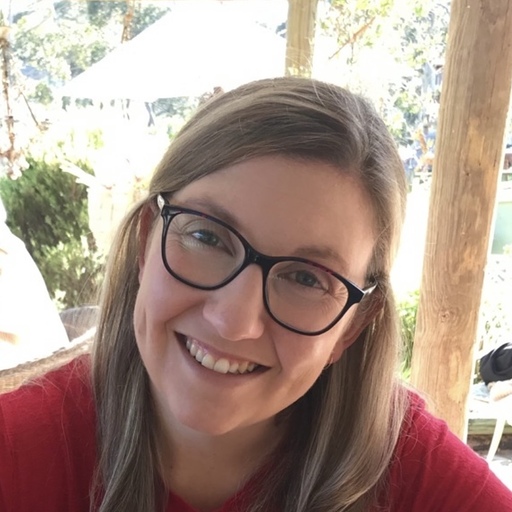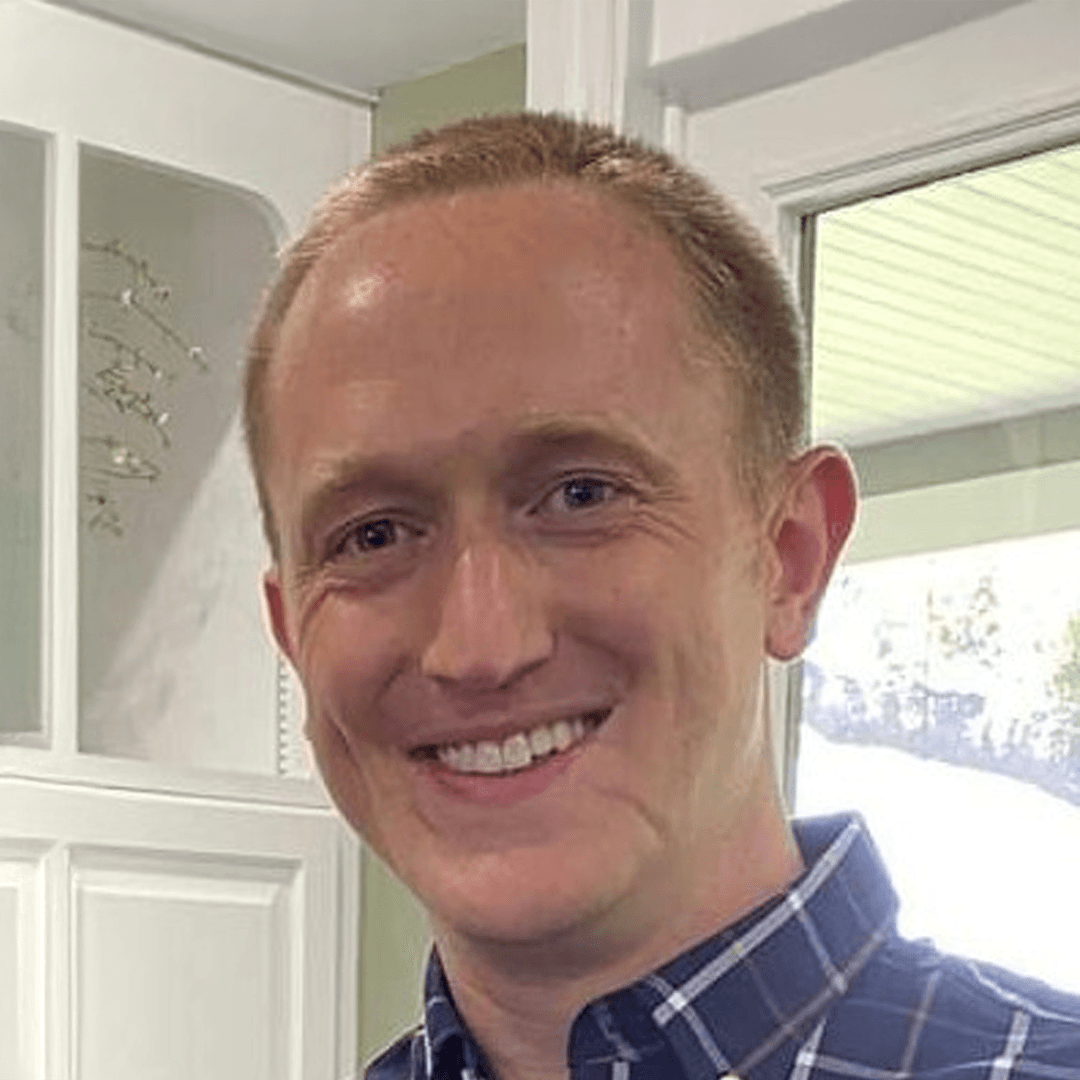Overview
What is traumatic brain injury?
What are the main signs and symptoms of traumatic brain injury?
How is traumatic brain injury diagnosed?
What are some of the main medical treatments for traumatic brain injury?
Have any supplements been studied for traumatic brain injury?
How could diet affect traumatic brain injury?
Are there any other treatments for traumatic brain injury?
What causes traumatic brain injury?
Examine Database: Traumatic Brain Injury
Research FeedRead all studies
Internet-based cognitive behavioral therapy for insomnia among people with traumatic brain injuries
Probiotics/synbiotics for individuals with traumatic injuries
How can light therapy be used to treat fatigue and sleep problems in people with traumatic brain injury and stroke?
Psychedelics for recovery from stroke and traumatic brain injury
Frequently asked questions
What can be seen using brain imaging after a traumatic brain injury?
How do you return to normal activity after a mild traumatic brain injury?
References
Examine Database References
- Brain Injury Symptoms - Ata Mahmoodpoor, Ghaffar Shokouhi, Hadi Hamishehkar, Hassan Soleimanpour, Sarvin Sanaie, Jahan Porhomayon, Fatemeh Rasouli, Nader D NaderA pilot trial of l-carnitine in patients with traumatic brain injury: Effects on biomarkers of injuryJ Crit Care.(2018 Jun)
- Fatigue Symptoms - P P Kalinskiĭ, V V Nazarov[Use of phenotropil in the treatment of asthenic syndrome and autonomic disturbances in the acute period of mild cranial brain trauma]Zh Nevrol Psikhiatr Im S S Korsakova.(2007)
- Fatigue Symptoms - George Sakellaris, George Nasis, Maria Kotsiou, Maria Tamiolaki, Giorgos Charissis, Athanasios EvangeliouPrevention of traumatic headache, dizziness and fatigue with creatine administration. A pilot studyActa Paediatr.(2008 Jan)
- Memory - McLean A Jr, Cardenas DD, Burgess D, Gamzu EPlacebo-controlled study of pramiracetam in young males with memory and cognitive problems resulting from head injury and anoxiaBrain Inj.(1991 Oct-Dec)
- Insomnia Signs and Symptoms - Malarkey ME, Fu AJ, Mannan N, Shaw OM, Haight TJ, Cota MR, Jahed NC, Werner JK, Brody DLInternet-Guided Cognitive Behavioral Therapy for Insomnia Among Patients With Traumatic Brain Injury: A Randomized Clinical Trial.JAMA Netw Open.(2024 Jul 1)
- Inflammation - Masbough F, Kouchek M, Koosha M, Salarian S, Miri M, Raoufi M, Taherpour N, Amniati S, Sistanizad MInvestigating the Effect of High-Dose Vitamin D3 Administration on Inflammatory Biomarkers in Patients with Moderate to Severe Traumatic Brain Injury: A Randomized Clinical Trial.Iran J Med Sci.(2024 Oct)






